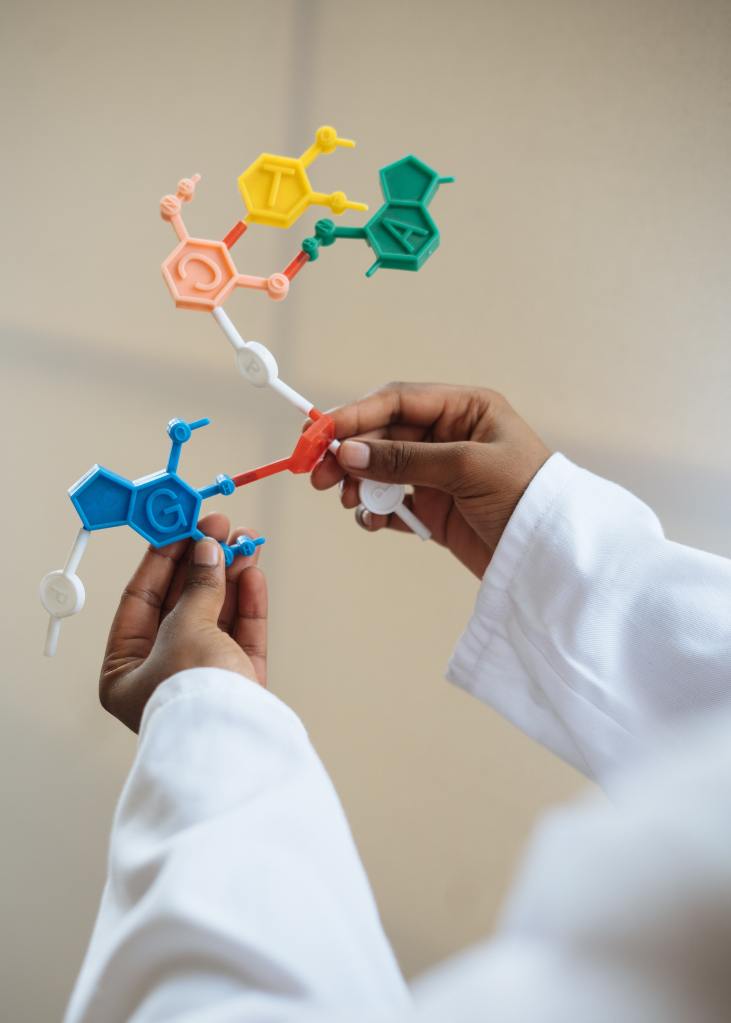
Sharing a private practice with his wife, Miriam Galindo, PsyD, in Irvine, California, Dr. Jorge Galindo is a licensed marriage, family, and child therapist. Among Dr. Jorge Galindo’s areas of extensive knowledge is the assessment and treatment of patients who have bipolar spectrum disorders (BSD).
As reported in Biological Psychiatry: Cognitive Neuroscience and Neuroimaging, a recent study by a University of Pittsburgh researcher involved the discovery of a neurobehavioral signature that may predict future mania or hypomania occurrences among those with BSD. Usually arising in young adulthood, BSD involve depression and frequent extreme mood changes, which often necessitate intensive treatments.
Previous research by the professor demonstrated that sleep-circadian rhythm disruptions, as well as heightened reward motivations, can lead to the onset of mania/hypomania. Brain imaging studies demonstrate BSD as particularly associated with elevated activation of reward expectancy within the left ventrolateral prefrontal cortex, a key reward-processing hub.
In the most recent study, such markers were clustered together and studied, with the hypothesis being that impulsivity, reward sensitivity, and sleep-circadian characteristics would be associated with greater mania risk. The study, with a 12-month followup, demonstrated this and helped identify high-risk, moderate-risk, and healthy groups. It also brought attention to the potential of combined clinical and neurobiological measures in early BSD identification and intervention.
At the same time, London-based researchers uncovered single nucleotide polymorphisms that they characterize as distinct enough to form the basis of the first-ever psychiatric diagnostic test based on biomarkers.
